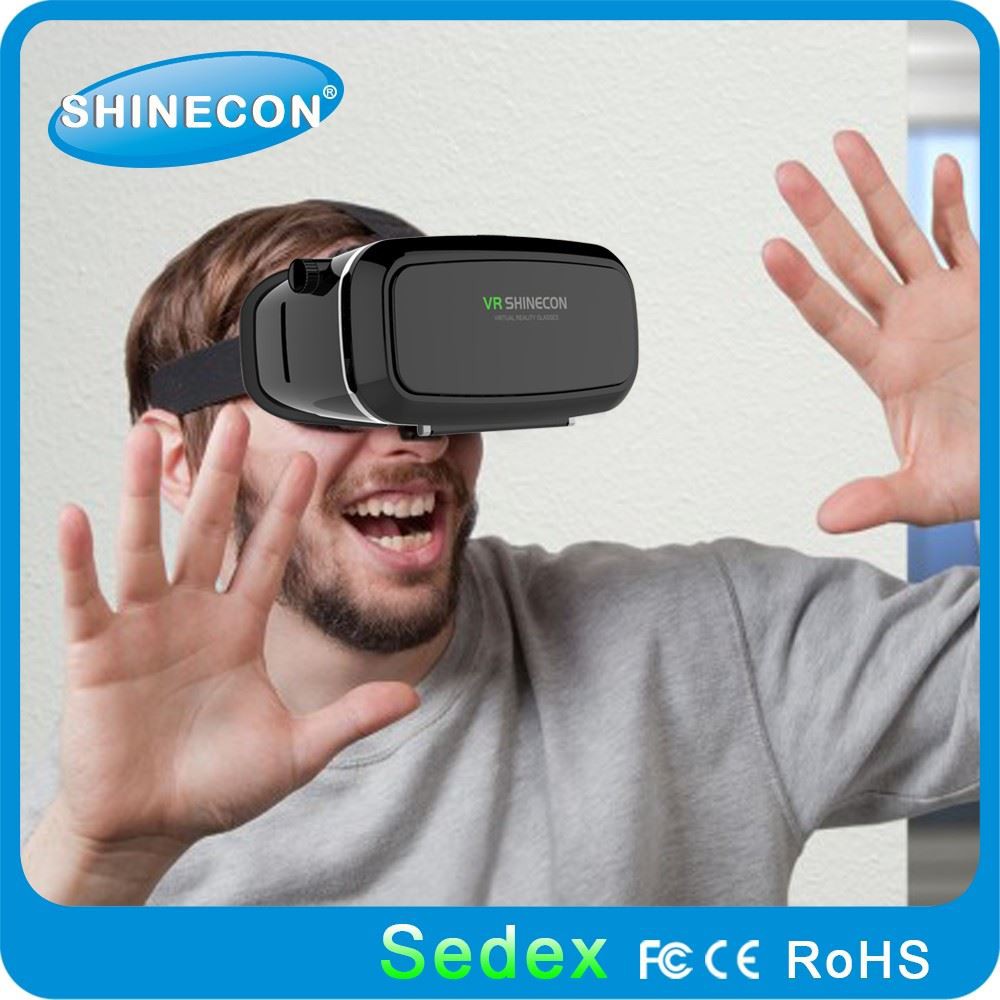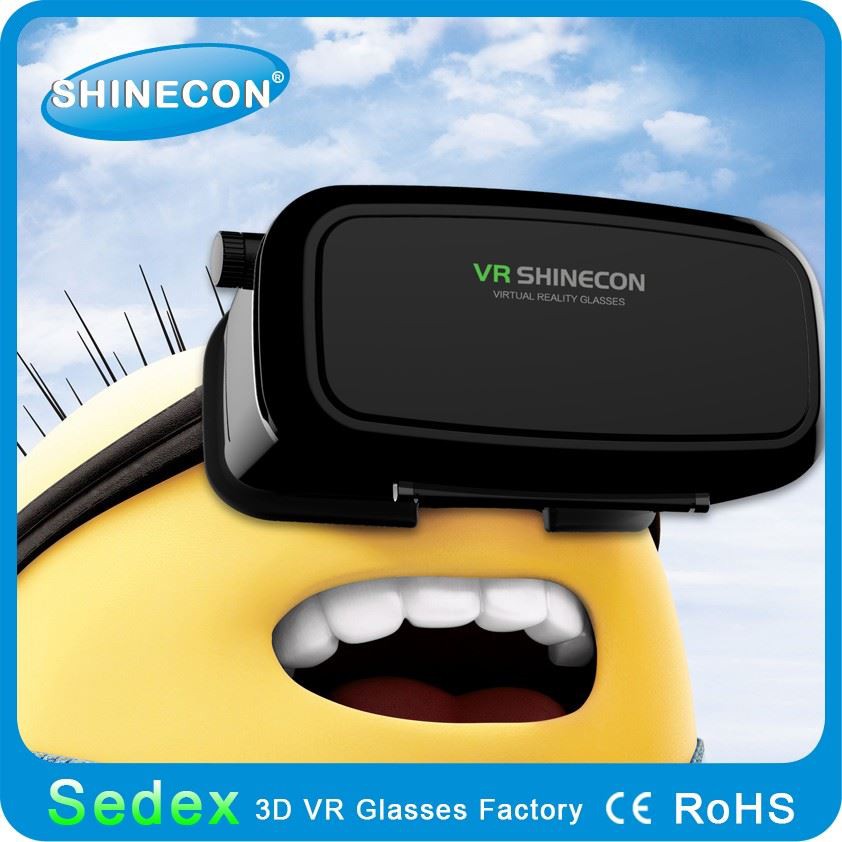Unity, the real-time 3D content creation platform, invited 15 AR/VR industry leaders to share their industry insights, and released the "2020 Commercial AR/VR Hot Trends Report" (hereinafter referred to as the "Report"). According to the "Report", 2020 will be the year of transformation of commercial AR and VR technologies.

A study published in Harvard Business Review in 2018 showed that 87% of large companies are exploring, trialing, and deploying mixed reality technologies, but most of them are still in the experimental or proof-of-concept stage. In the latest "Report", 15 industry experts and analysts said that this year's situation will change, mainly for the following reasons:
1. The change of concept. The question now is no longer "Whether XR is worth the investment", but "how to maximize the use of the positive results obtained in the initial attempt into the technology, so as to achieve faster iteration, lower risk and higher output" .
2. XR is ready to enter the "growth phase". As the benefits of technology continue to improve, XR will no longer only have "beautiful demonstrations, concepts, and trial programs", but will become an "indispensable productivity tool" during the entire product cycle from R&D to marketing and maintenance. Although to meet the needs of all industries requires "investment in a large amount of content migration work", XR can make companies "shorter time to market, lower total costs, more professional employees, and more satisfied customers."
3. The use of XR will become larger and larger, attracting more companies to join, forming a new wave. According to forecasts, by 2020, "more than one billion people will be able to experience AR using their own devices." With the continuous updating and improvement of HMD (head-mounted display), mobile AR, and individual VR devices, plus the 5G network under construction, XR will gradually become popular and enter the mainstream, and more companies will eventually choose to follow the footsteps of industry pioneers Start the application of XR.

The following are the views of three industry experts from PTC, Tech Trends and Facebook in the "Report":
The combination of 5G and AR cloud brings more opportunities
In 2020, there will be new advances in network speed, cloud computing and interconnected products, and augmented reality will have more opportunities to show its talents in the industrial field. As machines and factories become more interconnected, the ability to visualize will become more and more critical. In AR, workers can not only obtain a large amount of new production data, but also interact with it to control real machines in real time via a digital interface.
AR Cloud will also play an important role between workers and jobs. It can adapt to different geographic locations, sensor data, and specific machine types to provide a consistent user experience. The 5G network allows people to quickly access cloud data, and when combined with AR, it will become a very powerful solution. The ultra-high-speed mobile network will reduce the delay of data stream transmission, and facilitate enterprises to enjoy the many benefits of SaaS.
Commercial XR will grow
XR has been verified by many companies as an effective tool for improving productivity, saving costs, and learning and developing, especially in industries involving high-precision technology, such as surgery and aerospace engineering. Although we are now seeing some pioneering companies still doing experimental trial and error work, in the next ten years, we will see the research results go to the next level and create more practical auxiliary tools.
Entrepreneurs will no longer only have a "magazine" method, but will have more professional knowledge and guidelines for reference, and formulate their own best solutions according to their industry, business goals and needs. Nowadays, academic research around the world is no longer limited to thinking about whether XR is feasible, but is studying the methods and guidelines when XR content is produced.
With the emergence of more research, entrepreneurs from all walks of life will see more use cases, the entire ecology will continue to expand, experimental exploration will become the past, and immersion technology will show more power and become more specific. , Consider more thoughtful, closer to reality and industry needs.
In other words, commercial XR will enter a growth phase.
VR will go mainstream
Despite the hype and the so-called "winter encounter" in the past few years, VR is currently making a comeback at a rapid pace, with new real and meaningful forms. The boost of VR comes from the success of affordable and powerful VR devices, such as Oculus Quest.
The success of devices such as Quest among consumers has driven the sales of VR content. Many VR applications have sold more than one million US dollars. At the same time, it has also allowed more people to appreciate the power of VR technology. These new participants may consider applying VR to work to stimulate demand in the education and training industry.
After years of application testing, many demonstrations and use cases have brought a high return on investment (ROI). The applications that were originally considered "gimmicks" are now gradually being seen as their commercial value. 2020 will be a critical year for VR commercial use, but not a dazzling year. The task facing the entire industry is arduous: infrastructure needs to be established, workflow needs to be integrated and perfected, and a comprehensive ecosystem needs to continue to be built.
The investment community has now noticed the growth of VR commercial and consumer demand. The industry will usher in a new round of investment in 2020, and more startups and innovations will emerge.
It is foreseeable that as VR and AR technologies continue to mature, they will be widely used in more vertical industries
About Unity Technologies
Unity is a world-wide real-time 3D content creation platform that is widely used, providing developers all over the world with powerful and easy-to-use tools to create, operate, and experience interactive experiences in reality.
Unity's advanced engine can support creators in many fields to create wonderful real-time 3D content, and provide a wealth of extended services and resources to help developers optimize operations and monetize content. The company's development team of more than 1,000 people keeps Unity's technology at the forefront of the world, and provides optimized support services for partners including Google, Facebook, Oculus, Autodesk and Microsoft on the latest versions and platforms.
In addition to games, Unity is also continuously promoting the application of real-time 3D technology in fields such as automobiles, transportation, manufacturing, architecture, engineering, and movies. As of the end of 2019, games and experiences based on Unity have covered nearly 3 billion devices worldwide, and installed more than 34 billion times in the past year.
Excerpted from the "2020 Commercial AR/VR Hot Trend Report"








